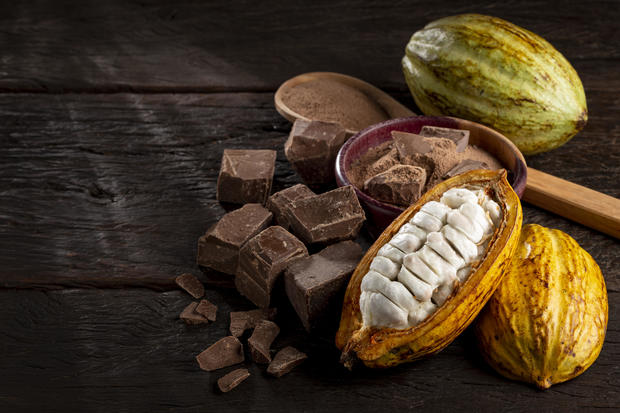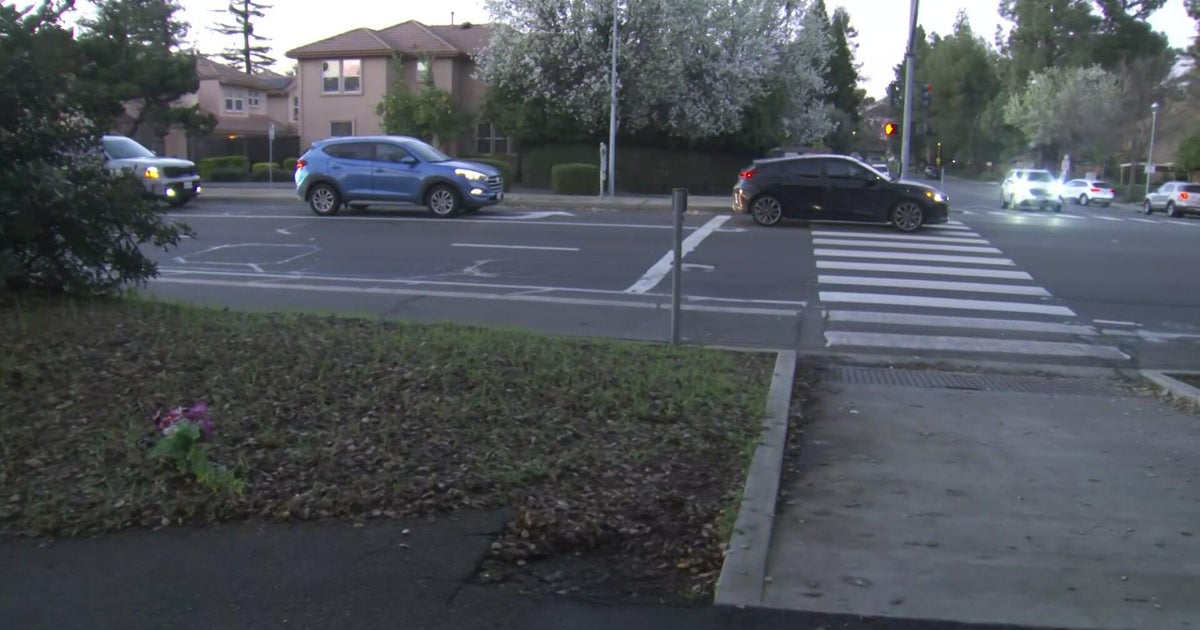Could research being done at UC Davis save the future of chocolate? Mars Wrigley is betting on it
DAVIS - Chocolate might be facing a not-so-sweet future as some scientists say that it could go extinct by 2050, but the solution might be right here in Northern California.
"It would be really hard for me to live in a world without chocolate," said Rebecca Knapp, a local chocolate lover.
This is why candy company Mars Wrigley, known for its Snickers and M&M's, is doing research at UC Davis to save chocolate from a bitter end.
"One disease came in and wiped out the production in Brazil," said distinguished Professor of Plant Sciences at UC Davis Alan Bennett.
Bennett said disease and drought are also putting the leading cocoa production on the Ivory Coast at risk.
"It is vulnerable because the crop loss can be up to 40% due to pests and diseases," said senior director of Cocoa Plant Science and Operations at Mars Joanna Hwu.
Mars has collaborated with UC Davis for research for 40 years, but this specific greenhouse to study cacao opened in 2020. Hwu said the three areas of research are "conservation, characterization and breeding."
"The goal is to develop solutions that are climate-smart, so it is resilient to drought but also pests and diseases," Hwu told CBS13.
Mars is already seeing a breakthrough with this cacao research.
"The breeding already improved cacao plants that farmers can take to their field and grow plants that are much more disease-resistant and high-yielding," said Hwu.
Researchers have also created a plant virus detection tool for farmers.
"It is very similar to an at-home COVID-19 test, but it is for cacao plants," said Hwu. "By detecting the disease early, farmers can then manage the disease and mitigate it better."
Nursery owners can also use this detection tool to ensure that the plants that they are distributing to farmers are disease free.
"The research at Mars is exploring the possibility of creating a rootstock that could also help make the trees more productive," said Bennett.
Jason Minow, the owner of Sacramento Sweets Co., told CBS13 that pandemic supply chain problems shot the price of chocolate up.
"I know that weather has affected some of the ways that cacao crops grow," said Minow. "The way chocolate has been grown over the years has probably been stabilized and kept the same forever."
Chocolate is a product his Old Sacramento business depends on in a lot of different ways.
"We go through lots and lots and lots of chocolate," said Minow. "Pretzels and Rice Krispies and marshmallows and toffee."
Hwu said over 50 million people rely on cocoa for their livelihoods, so stabilizing it is important not just for chocolate lovers, but those cultivating it.
"They have a huge incentive to keep it going because they will be out of business first," said Minow.
Mars' work at UC Davis to diversify cocoa by combating drought and disease will make chocolate last for generations.
"Chocolate is not going anywhere," said Bennett. "I think it still has a bright future."
UC Davis says the partnership with Mars has also created internship and job opportunities for its students. Together, they hope to create a sustainable supply chain for chocolate.








